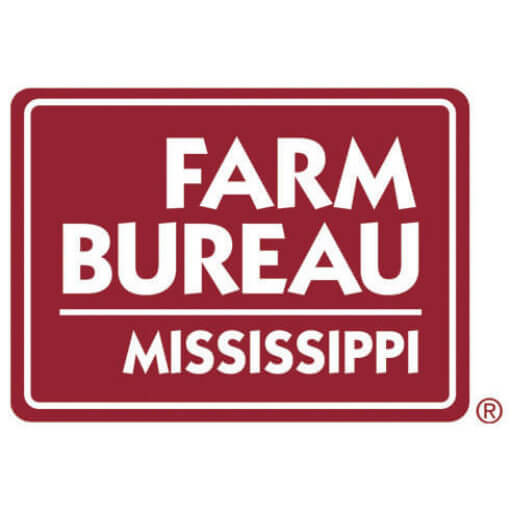For Immediate Release
Jackson, MS (October 8, 2018) – Mississippi Farm Bureau Federation President Mike McCormick will testify Wednesday before the United State Senate Environment and Public Works Committee. The focus of his testimony will center on ways private landowners, specifically farmers and ranchers, are working with state and federal governments to enhance, conserve, and restore species; eradicate invasive species threatening native wildlife and ecosystems; and manage factors affecting wildlife habitat.
“I’m honored to have this opportunity. From our federal government down to the state level, we all need to work together to protect the natural resources we have, not only in Mississippi, but across the nation,” McCormick said. “This is important to keeping our representation in Washington D.C. informed, so they gain a greater appreciation for the conservation ethic of our members and how agricultural producers seek to identify solutions in addition to their efforts to produce food, feed, and fiber.”
McCormick will testify to the Committee about several examples in Mississippi where species have witnessed positive conservation goals and recovery – largely due to effective partnerships between private landowners and state wildlife agencies. They are the longleaf pine, the Mississippi Bee Stewardship Program, the American alligator, and the white-tailed deer.
McCormick will be testifying on behalf of the American Farm Bureau Federation and representing six million farm families across the nation.
McCormick’s testimony will begin at 9 a.m. central time on Wednesday on the Environment and Public Works Committee website at http://www.epw.senate.gov/.
About Mississippi Farm Bureau Federation
The Mississippi Farm Bureau Federation is the largest general farm organization in the state, with more than 192,000 member families in 82 county Farm Bureaus. It is a voluntary, non-governmental, non-partisan organization of farm families seeking solutions to the problems affecting their lives, both socially and economically.
Farm Bureau is organized on a county, state and national level. The policies and programs of Farm Bureau are developed from grassroots recommendations originating from the county Farm Bureau level. From these recommendations, policy resolutions are prepared and submitted to the state Farm Bureau for action at its annual meeting each December.
Resolutions passed on state matters become state Farm Bureau policy. Matters of national interest are forwarded to the American Farm Bureau Federation for consideration.
